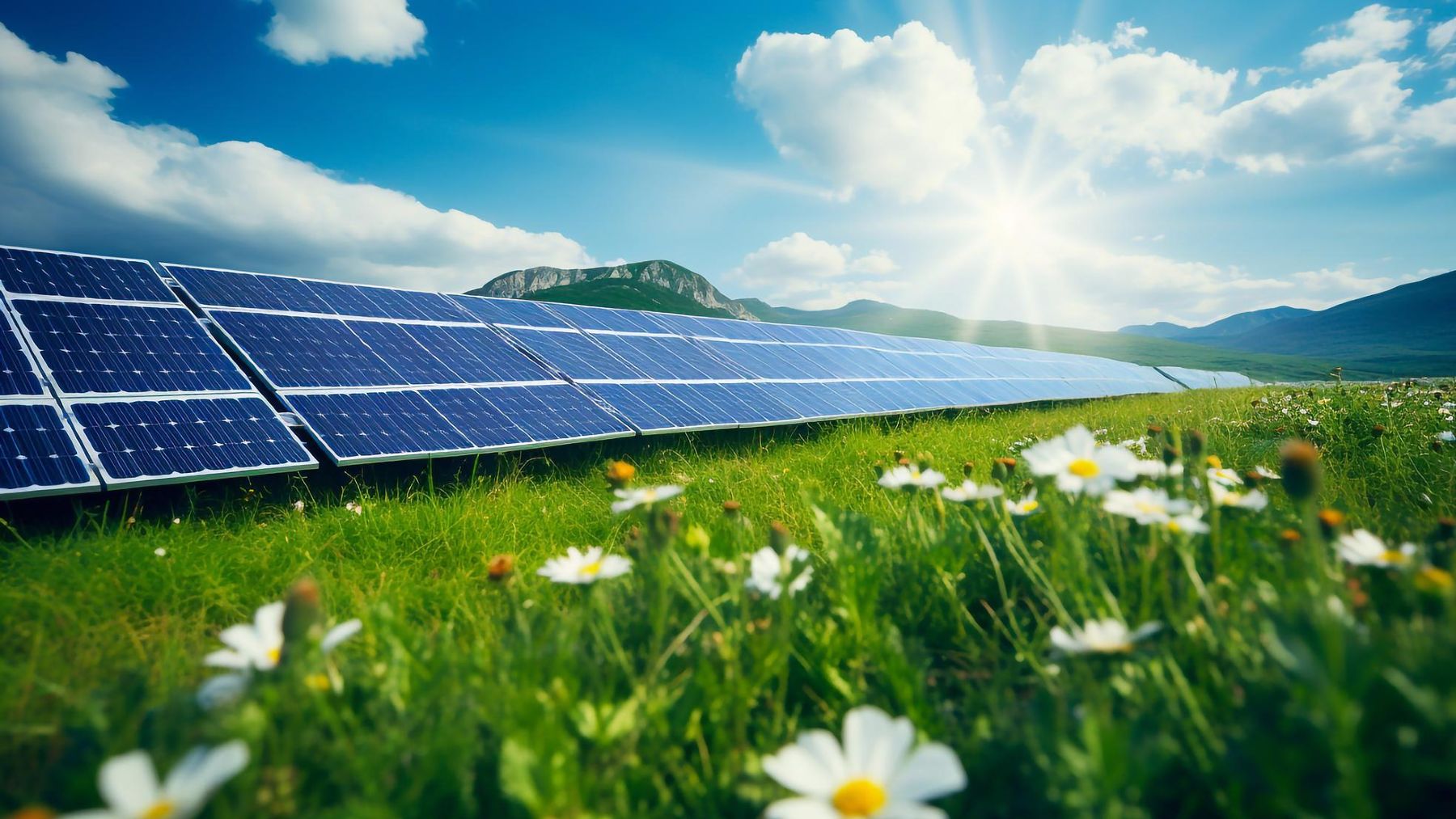Las solar panels have always been seen as something good for the humanity. They allow you to draw energy directly from the sun, giving you a source that is compassionate to the environment. However, there are studies showing that its benefits go beyond energy. They could do the humanity!
A research team from Argonne National Laboratory (LNA) and from National Renewable Energy Laboratory (NREL) of the US Department of Energy studied two solar installations built on agricultural land for five years.
Las solar panels were in the south of Minnesota and thanks to this analysis it was concluded that it protected insects. In less than five years they have tripled. The scientists’ goal was to understand the ecological value of solar PV sites planted with native grasses and wildflowers.


They examined vegetation establishment and how insect communities responded to changes caused by vegetation plants. Enel Green Power North America.
The two research sites were planted with native grasses and flowering plants in early 2018. From August of that year to August 2022, the researchers conducted 358 observational surveys of vegetation and insect communities, evaluating changes in the abundance and diversity of plants and insects at each site. visit.
“The effort to obtain this data was significant, with us returning to each site four times each summer to record pollinator numbers,” he contributed to the study. Heidi Hartmannmanager of Earth Resources and Energy Policy Program in Argonne’s Department of Environmental Sciencesand one of the study’s co-authors.
The solar panels were synonymous with life in the installed habitat
“Over time, we saw the number and types of flowering plants increase as the habitat matured. Measuring the corresponding positive impact for pollinators was very rewarding,” he added. Hartmann.
This data led experts to highlight that the number of insects had tripled between 2018 and 2022. In fact, the native bees multiplied by twenty. A reality that not only affected insects, but also native plants, which increased.
“This study highlights the relatively rapid response of the insect community to habitat restoration at solar sites,” he says. Lee Walstonlandscape ecologist and environmental scientist Argonne, lead author of the study. And he explains: “It shows that habitat-friendly solar energy, when properly sited, can be a viable way to protect insect populations and improve pollination services in adjacent agricultural fields.”
Solar panels could be the future of humanity
“A large amount of ground-based solar energy is expected to be developed in the future, but if properly located it could offset the loss of natural areas and provide benefits for biodiversity,” the experts say to.
“Given that approximately 80% of future land-based solar projects could be on agricultural land, properly placing habitat-friendly solar on marginal agricultural land could not only preserve prime agricultural land, but “it would also make it more productive can make thanks to the pollination services provided.” through habitat-friendly solar energy,” they note.
By benefiting the environment, solar panels represent a significant advantage for the humanity It needs a healthy environment to develop correctly. According to him Argonne National Laboratorymore research needs to be done to determine that indeed the solar panels They represent an improvement to the habitats in which they are placed.

